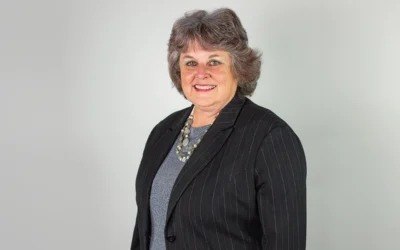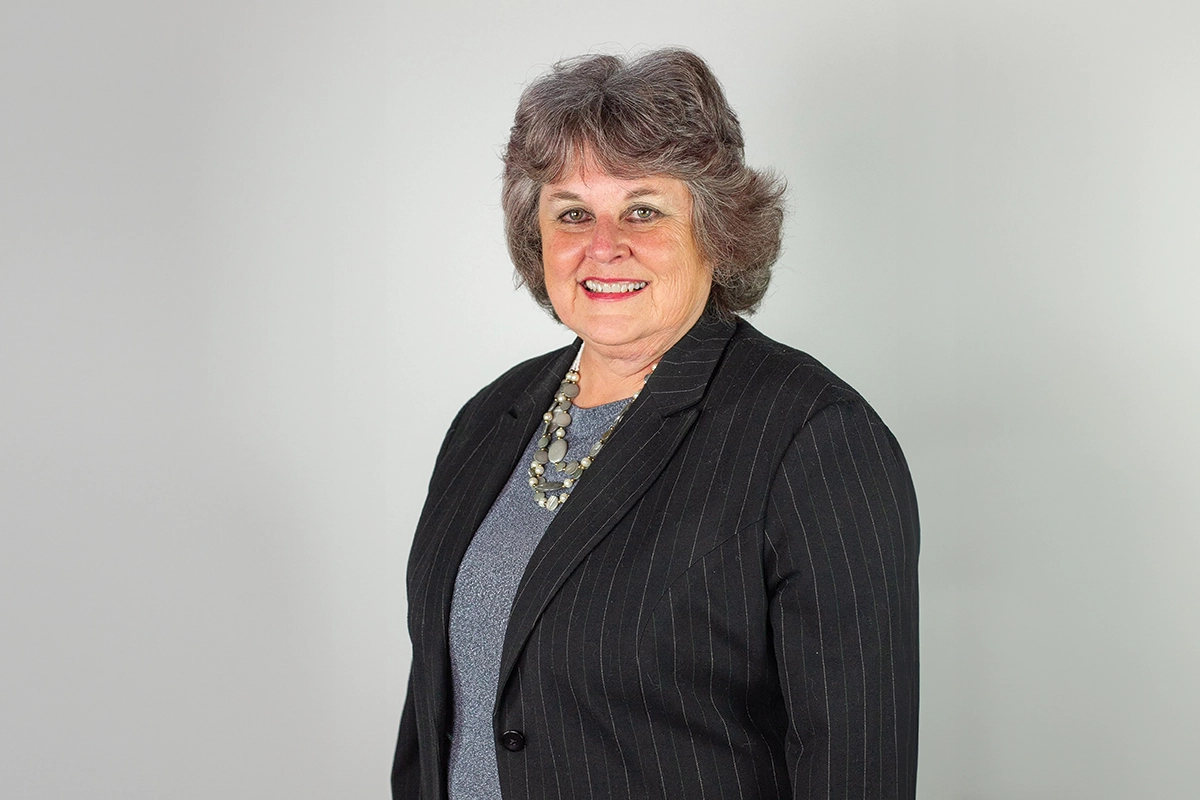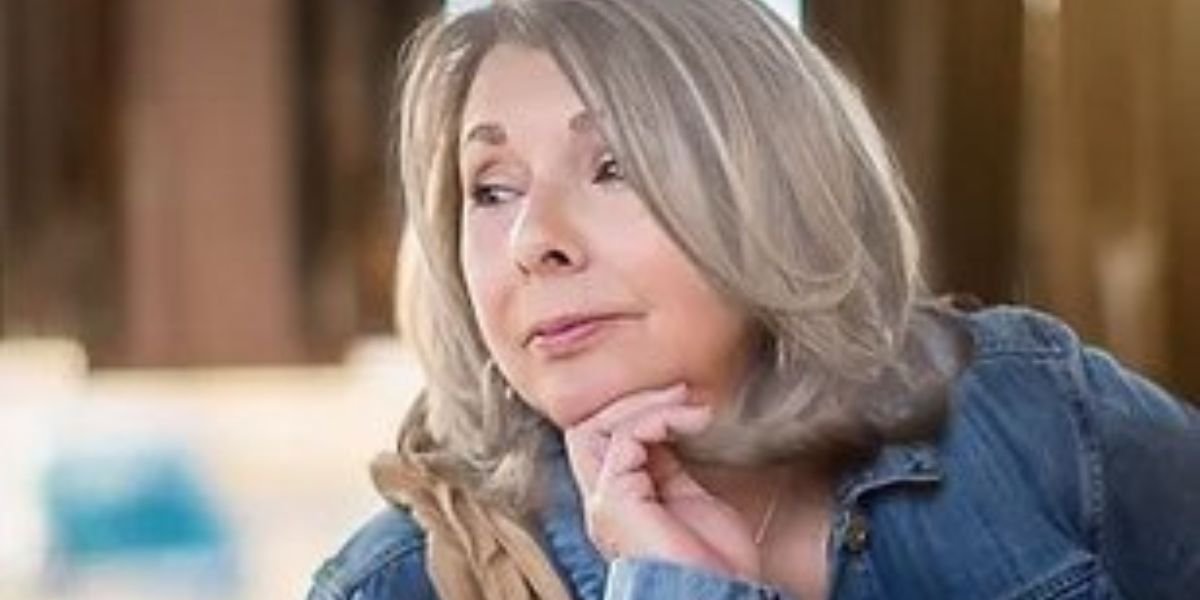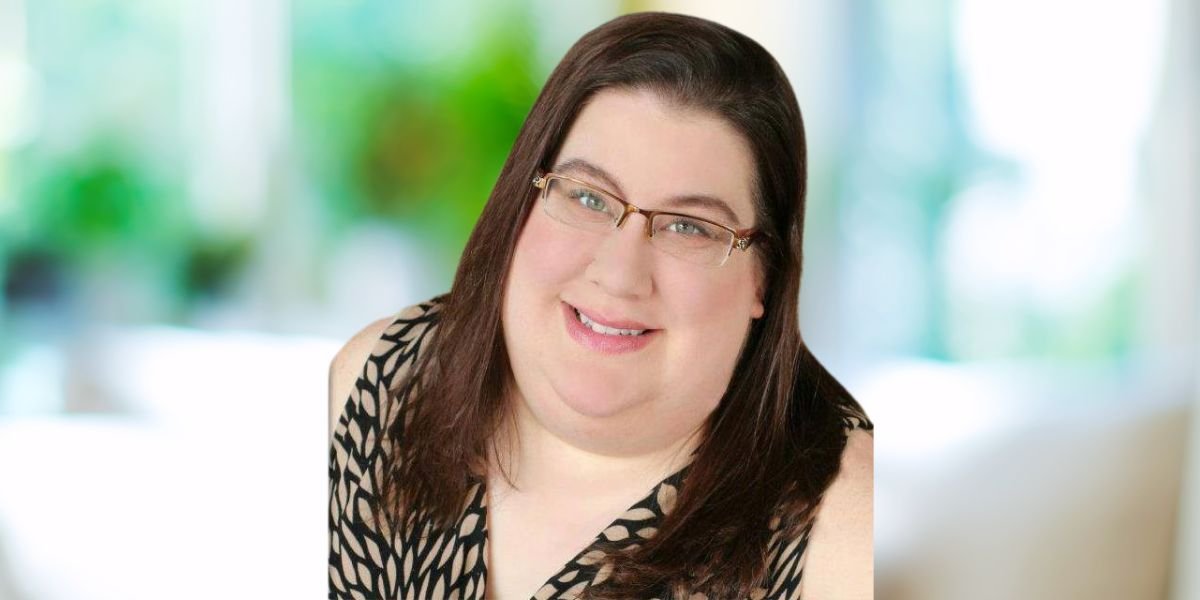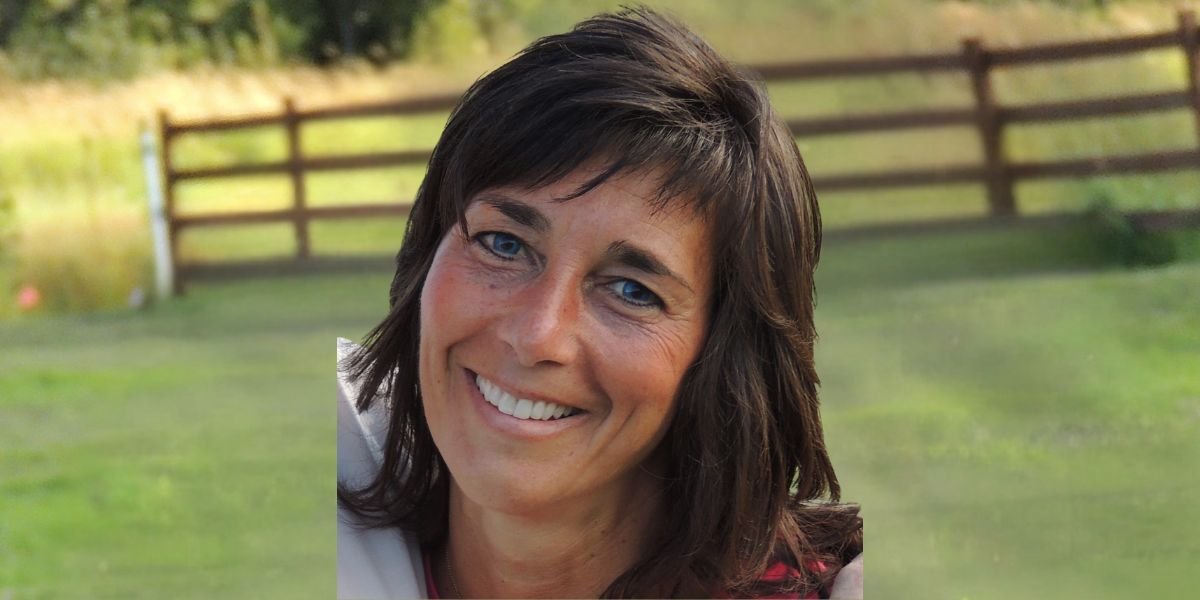Lea Harms Shares Her Journey from Dispatch to Literary Acclaim

America’s First-First Responders
Lea Harms reveals dispatchers’ emotional toll, advocates for reclassification, and shares healing stories in her memoir “Lives on the Line.”
Lea Harms stands as a beacon of empathy and strength, seamlessly weaving her profound experiences into narratives that captivate and educate. As a retired 911 telecommunicator, Lea has transitioned from a life marked by emergency calls to one where she shares her invaluable insights as an accomplished author, speaker, and advocate.
Her literary debut, the gripping memoir “Lives on the Line,” co-authored with her sister, offers readers a rare glimpse into the demanding—and often undervalued—world of 911 dispatchers. Mosaic Digest is honored to feature this candid interview, where Lea reveals the unseen emotional complexities faced by America’s “first-first responders” and the transformative power of storytelling.
Lea’s passion for her former profession radiates on every page, revealing an unyielding dedication to elevating the voices of frontline responders. Her work doesn’t just narrate; it calls for recognition and support for those who stand at the epicenter of crises, influencing lives in unseen yet profound ways. “Lives on the Line” echoes with the resilience, humor, and humanity found in the dispatch room, reminding us that behind every emergency call, there is a compassionate voice guiding help to those in need.
As a respected figure in public safety tech and adult learning, Lea Harms continues to illuminate the crucial role of telecommunicators, advocating for their reclassification and mental well-being, while skillfully balancing life’s responsibilities and joys. Mosaic Digest applauds her contributions to the field and celebrates her remarkable journey from the dispatch floor to literary acclaim.
Through Lea’s words, we gain not only a deeper appreciation for emergency communicators but also an invitation to view the world with empathy and courage.
Your book describes 911 telecommunicators as “America’s First–First Responders.” Can you share how that distinction shapes the job’s mental and emotional toll compared to other emergency personnel?
Unlike other first responders who go to the field, 911 telecommunicators are dropped into emergencies at the exact moment they unfold—often with no visuals, no physical context, and no opportunity to intervene directly. We rely entirely on our voice, our questions, and our ability to remain calm while someone on the other end is living the worst moment of their life. Many telecommunicators have given CPR instructions, delivered babies, or heard someone’s last breaths. That kind of invisible proximity to trauma creates a unique emotional load: you’re the first to hear the screams, the silence, or the chaos—but rarely see the outcome or resolution. That lack of closure is one of the hardest aspects to carry.
Being a “first–first responder” means you’re the first person to touch that emergency, and your input shapes the entire response. You’re absorbing it, triaging it, and rapidly orchestrating help—all while the world still thinks you’re “just the person who answers the phone.”
Behind the Headset – With stories ranging from life-or-death situations to moments of unexpected humor, what was the most challenging part of deciding which calls to include in Lives on the Line?
My stories were, without a doubt, a form of therapy. Yet there are still some that live only in my head and heart. I have several that only made it to the draft stage before being pulled—sometimes even before my editor saw them. All of that to say, the most challenging part was balancing truth and emotional responsibility, while also trying not to give the reader secondary trauma. We spent a lot of time organizing the stories so that not too many emotionally heavy moments were placed in a row. Thankfully, my sister and I had collected enough lighthearted stories to space them out appropriately.
Ultimately, we chose the ones that stuck with us long after our shifts ended—good and bad. The ones we still think about while brushing our teeth or tucking our kids in. Those are the stories that shaped who we are, and we believed they deserved to be heard.
The 911 Saves Act aims to reclassify 911 professionals as first responders. How do you think this change could impact the profession, both in terms of public perception and tangible benefits for dispatchers?
Reclassification is a long-overdue recognition of the skill, stress, and split-second decision-making required in this profession. Right now, 911 professionals are federally categorized as clerical workers. That’s not only inaccurate—it’s damaging. It impacts funding, mental health support, retirement benefits, and more. But even beyond logistics, reclassification would validate something dispatchers have always known: we are essential to the emergency response chain.
I believe the 911 Saves Act will help reshape public understanding, attract more qualified professionals to the field, and give telecommunicators the respect, support, and protections they’ve earned a hundred times over.
Your book includes a caution about its intense content and the emotional weight of dispatch work. What coping strategies or support systems do you believe are essential for 911 telecommunicators?
First and foremost: peer support. No one understands a dispatcher’s experience like another dispatcher. Whether it’s a debrief over coffee, a dark joke only your shift partner will get, a game of cards mid-call, or a quiet nod across the console—those shared moments save us.
I also strongly believe in access to professional mental health services—especially therapists trained in trauma and first responder psychology.
Beyond that, healthy rituals matter: walking the dog, journaling, faith walks, swimming laps, or making pancakes on your day off. Anything that helps you return to your whole self.
And finally, knowing when to step away. Whether it’s for five minutes or forever, walking away from the console doesn’t make you weak. It means you’re human.
“We are essential to the emergency response chain.” — Lea Harms
Many people don’t fully understand what happens behind the scenes of a 911 call. What do you hope readers take away from Lives on the Line—both about the profession and the people behind the voices?
I hope readers finish this book with a deeper respect for the invisible backbone of emergency services. Dispatchers are trained, tenacious, and deeply compassionate. We are also flawed, funny, resilient—and so very tired.
I want people to know that behind every call they hear on the news, there’s someone in a dark room who picked up the phone and said, “911, where’s your emergency?” And they didn’t hang up until they knew help was on the way.
If nothing else, I hope Lives on the Line reminds people that there is a voice behind that headset who cares deeply—often anonymously, always completely.
What inspired you and your sister to write Lives on the Line, and what was the writing process like?
After witnessing the weird, the heartbreaking, the absurd, and the downright unbelievable, we always joked that we should write a book. Years of decompressing through late-night texts and voice memos made us realize these stories couldn’t just live in our memories—they deserved to be heard. Writing became a way to process, preserve, and advocate. It was both healing and hard—especially reliving certain calls—but having each other to co-write made it a shared act of strength and sisterhood.
What was it like writing this book with your sister?
There’s actually an entire chapter devoted to our sisterhood and friendship. Yes—it’s wholly uncommon to have two family members in emergency services, especially in dispatch. In a way, it bonded us through shared experiences that would’ve been completely unattainable for our otherwise polar opposite personalities.
You don’t get to choose your family—but when your family chooses the same profession, there’s an unspoken camaraderie, a twinning of souls. Writing this book together gave us a rare kind of connection: part therapy, part tribute, and all heart.
What advice would you give to someone considering a career in emergency communications?
Know that it’s not just a job—it’s a calling. You need grit, heart, and the ability to keep going when no one sees what you’re carrying.
But also know this: some of your proudest moments will happen behind a headset. And you’ll never forget the lives you touched, even if they never know your name.

